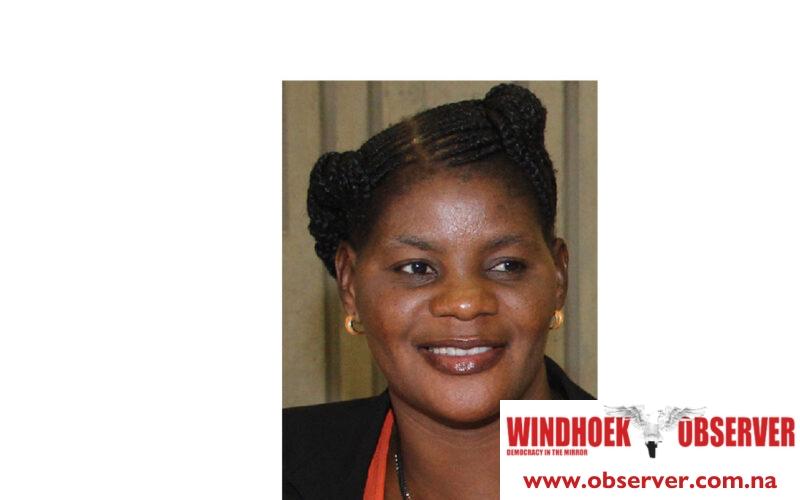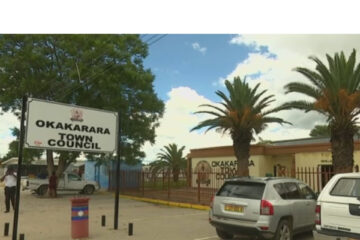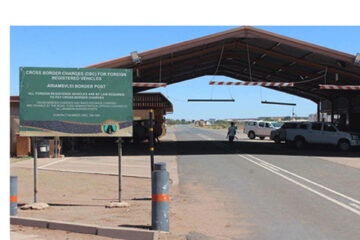Martin Endjala
National Assembly member, Marina Kandumbu says there is danger in politicising education as this can lead to a decline in academic performance.
Kandumbu said this during her contribution to a motion on education last week in the National Assembly.
“This can have a long-lasting consequence for our future citizens, who will be ill-equipped to participate in the democratic process and governance. The politicisation of education is a dangerous trend that can have serious negative consequences for society,” she said.
She advised political parties to create a neutral environment without attachment to politics when discussing the challenges facing the education system.
This, according to her, will ensure that learners become critical thinkers and responsible citizens.
Earlier this month Popular Democratic Movement (PDM) member of parliament Hidipo Hamata, tabled a motion with a focus on the poor performance of pupils and the disparity between private and public schools.
Kandumbu stated that while she agrees with the mover on the disparity in performance between private and public schools, the focus should be on an in-depth analysis of the underlying causes and address the issues.
She referred to the education systems in countries such as Norway which she says are designed to ensure equitable, quality access to all learners.
She said Namibia may have something to learn from these countries.
Public Service Union of Namibia (PSUN), secretary general, Matthew Haakuria, said he does not support the politicisation of education because it produces docile, uncritical learners who cannot question the status quo.
“Politicisation of education is a tool in the hands of the ruling elites to impose their views on people, thus institutionalising the nation’s mental conditioning. Politicisation is detrimental to educational culture and climate health,” he said.
He said that it would lead to a decline in the quality of education in Namibia as schools would focus on political issues rather than on quality teaching, while it also has the potential to create social divisions as different interest groups will use education to further their agendas as soon as they enter the corridors of power.
Haakuria stated that several negative consequences for Namibia could include undermining academic freedom, disrupting educational reform initiatives, and disrupting the educational reform process.
Touching on the worst-case scenario, the unionist said it can breed and promote intolerance and discrimination, threatening democratic pluralism in Namibia.
He added that the politicisation of education seriously threatens future generations because it will allow for history revisionism. Stressing that it would create a dangerous, ignorant generation with high levels of entitlement, confused national identity, and misplaced views.
He suggested that educational issues should be debated to bring about long-term solutions and not to turn them into political gimmicks.




